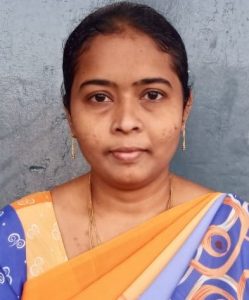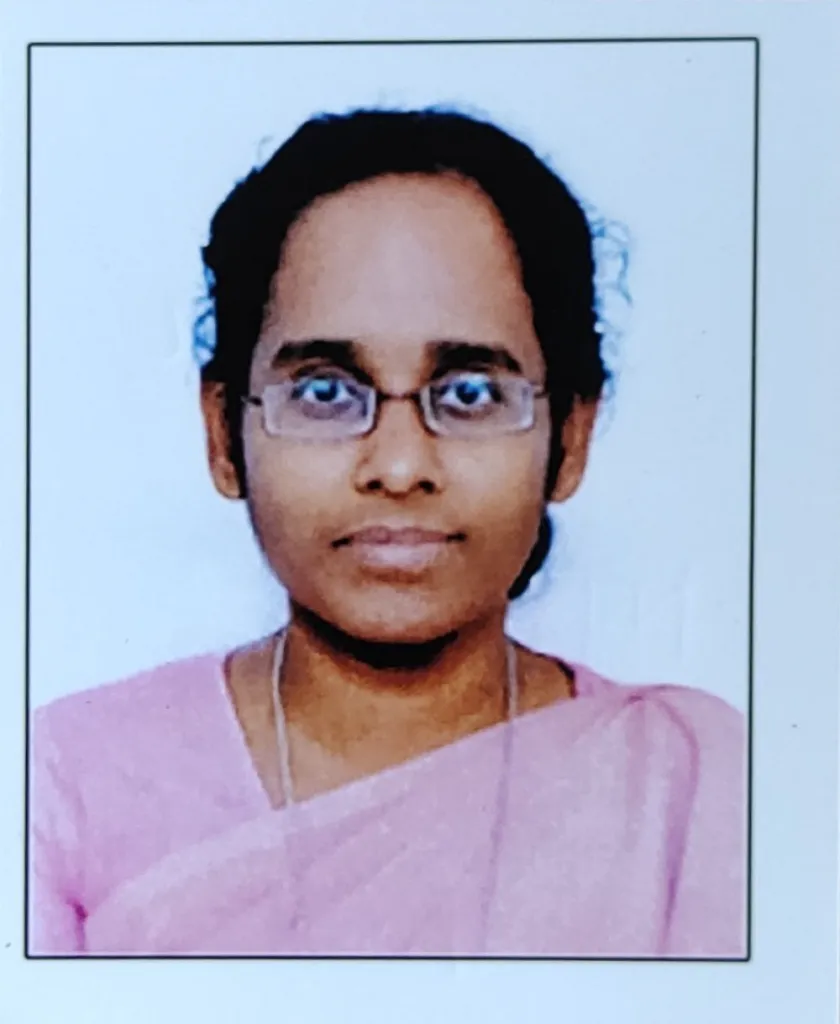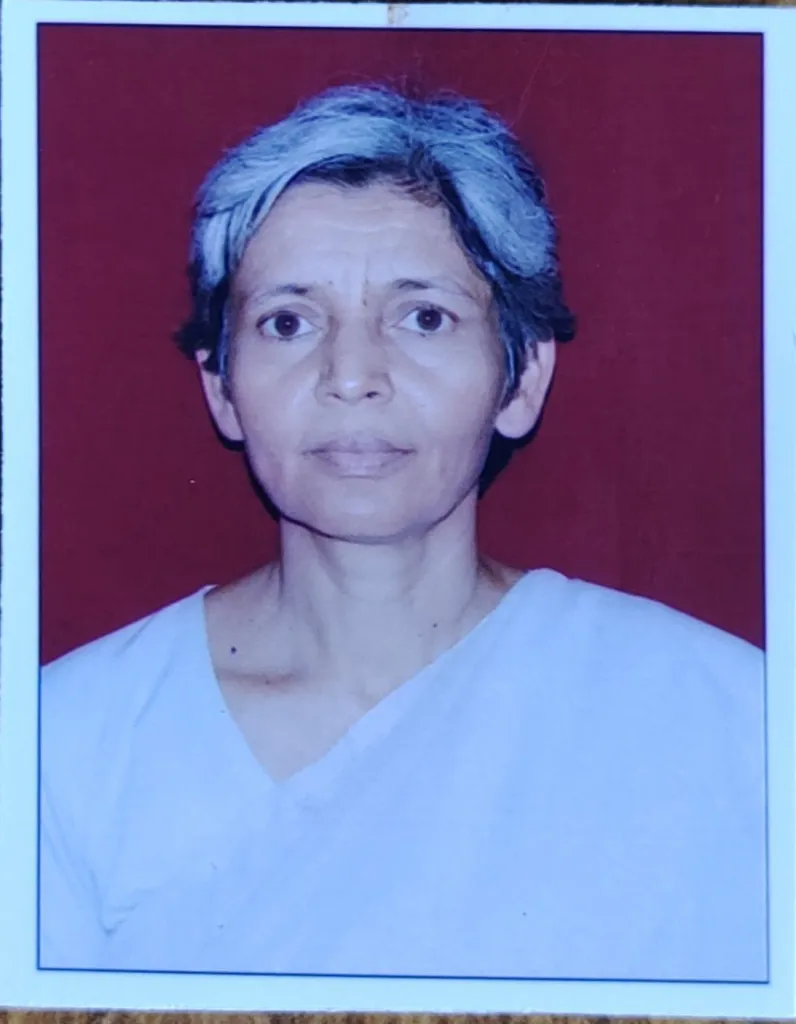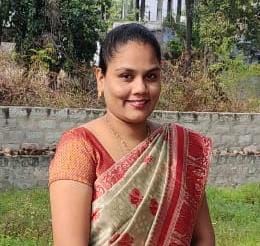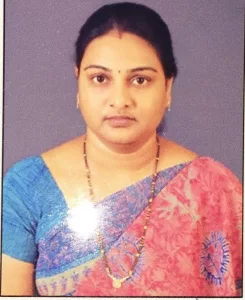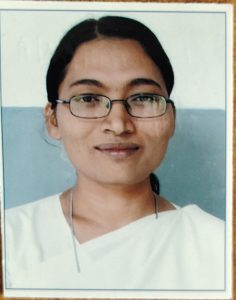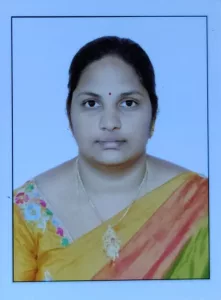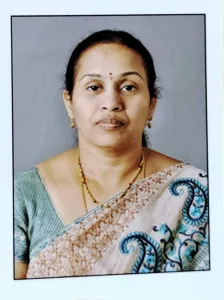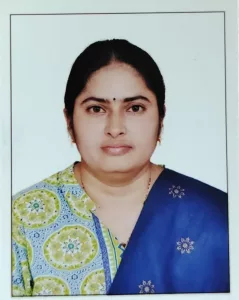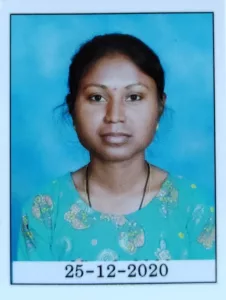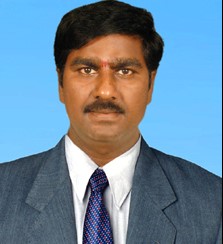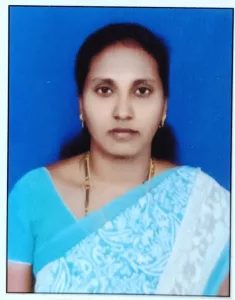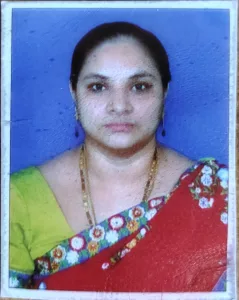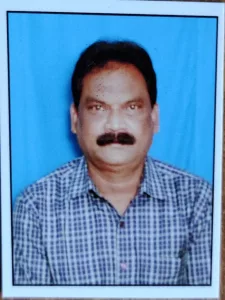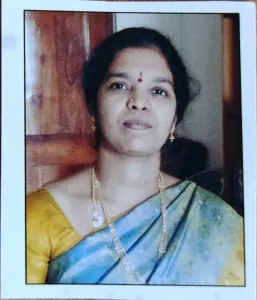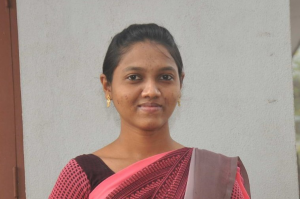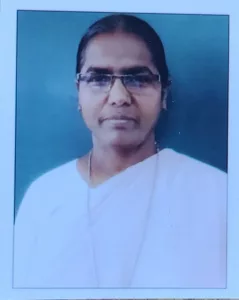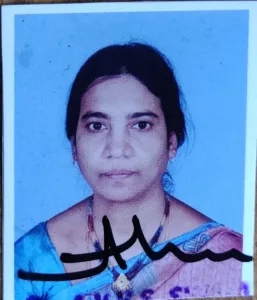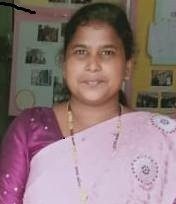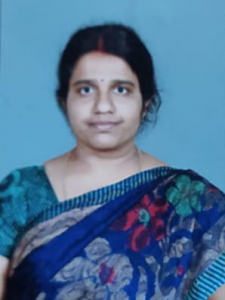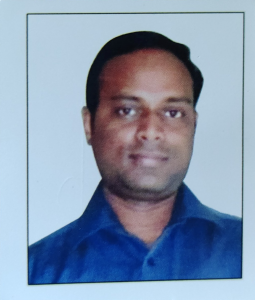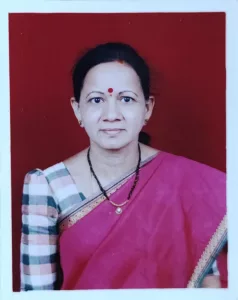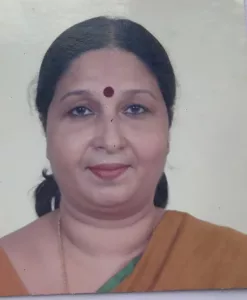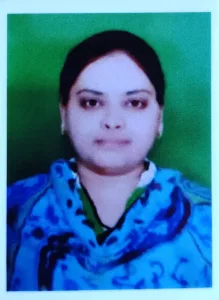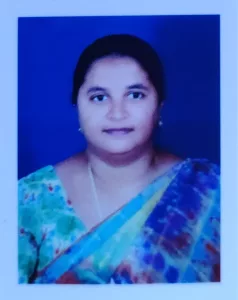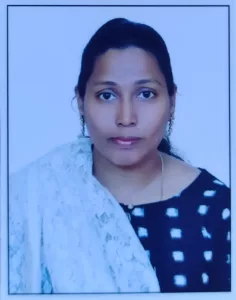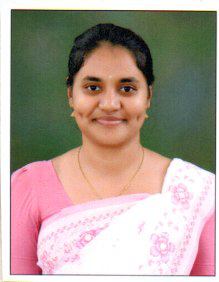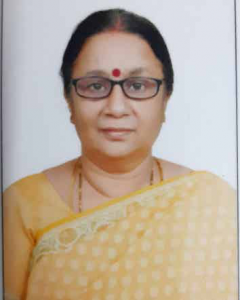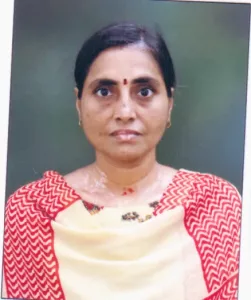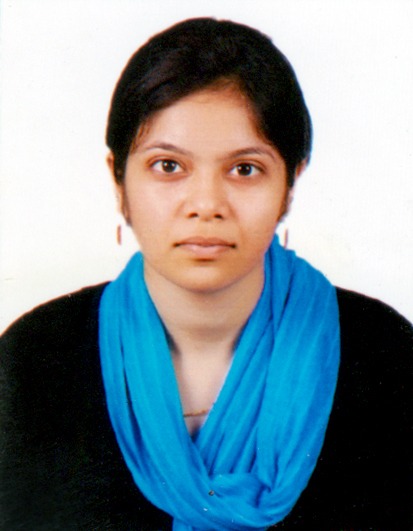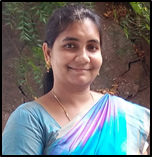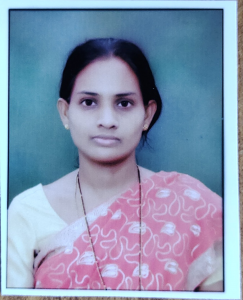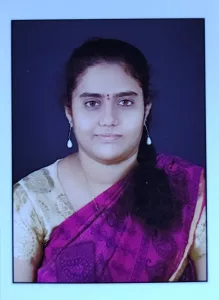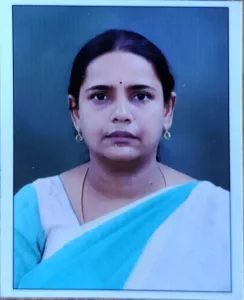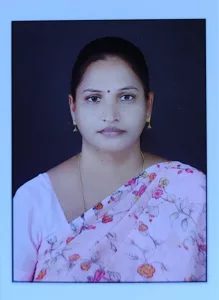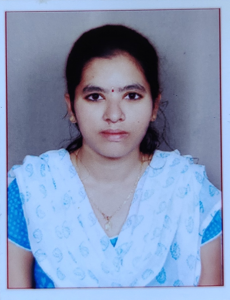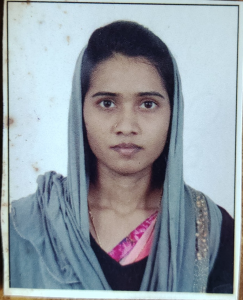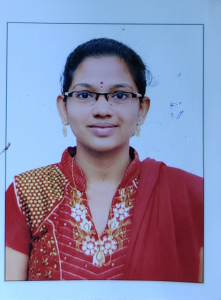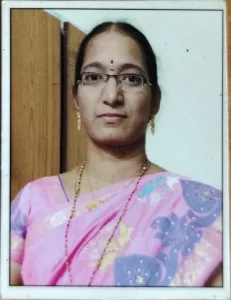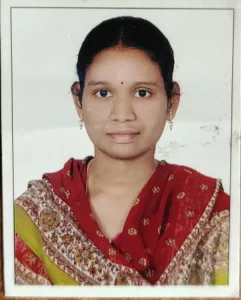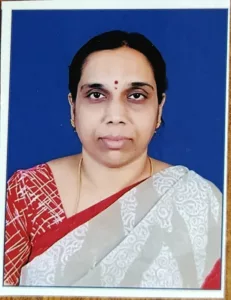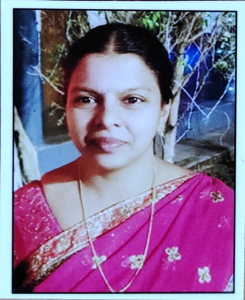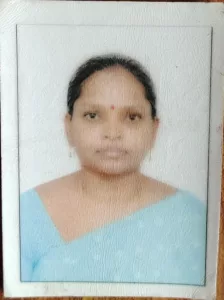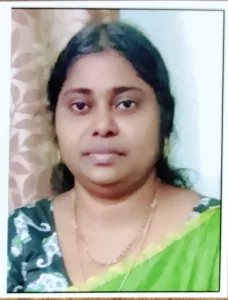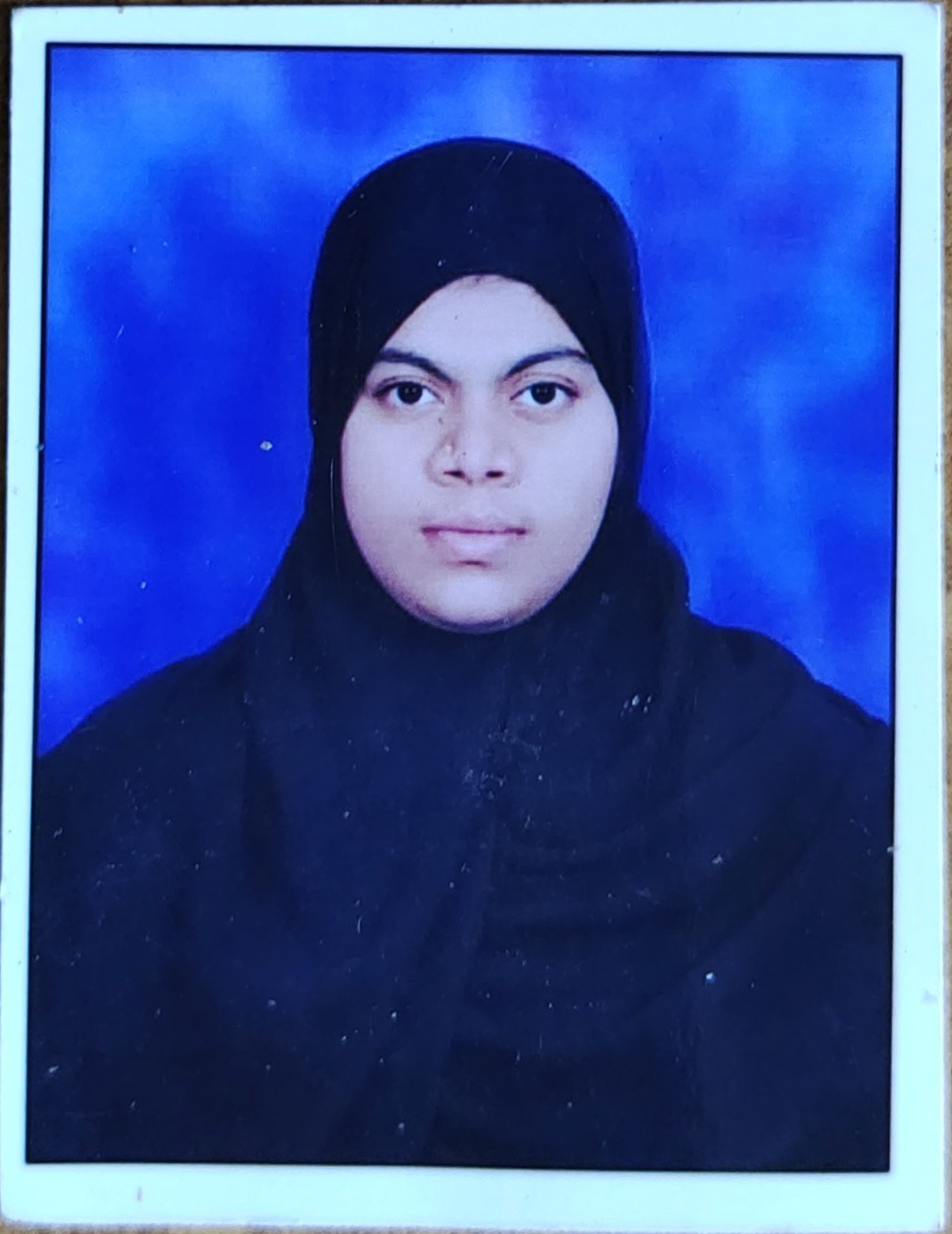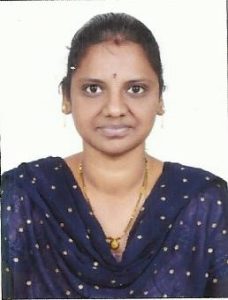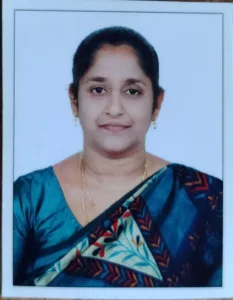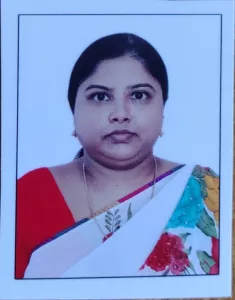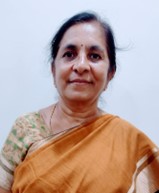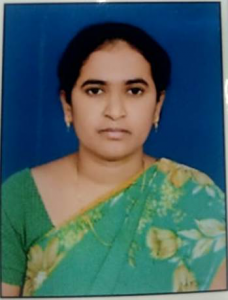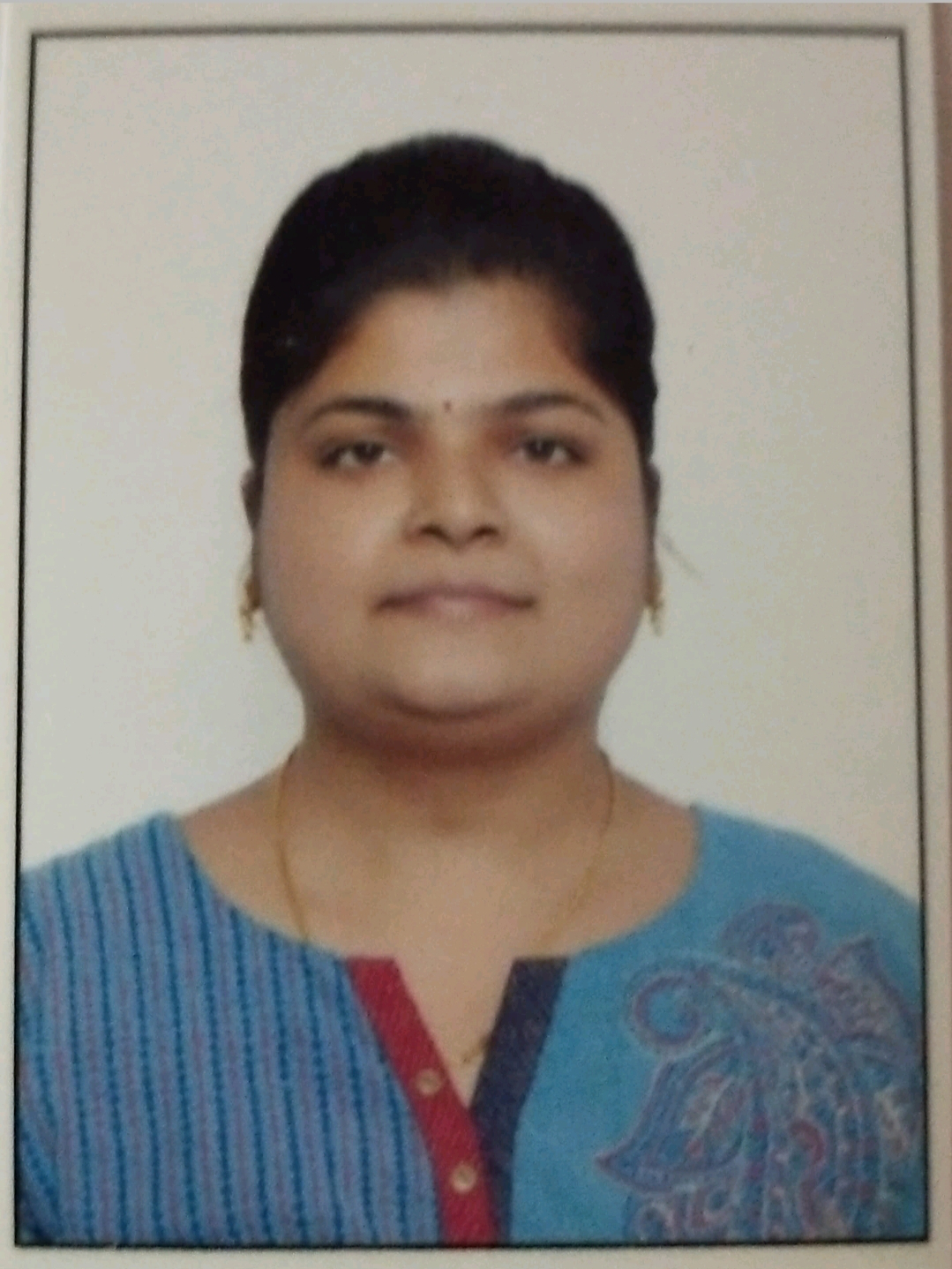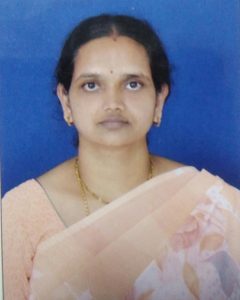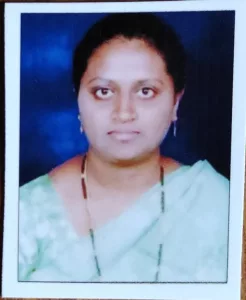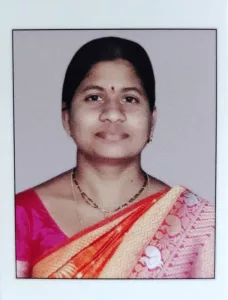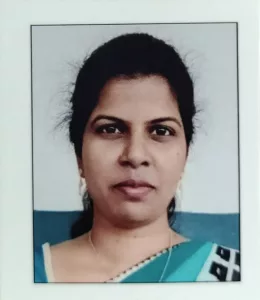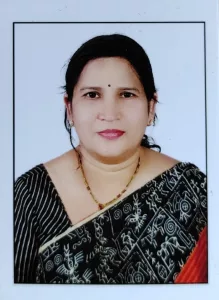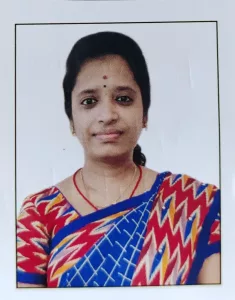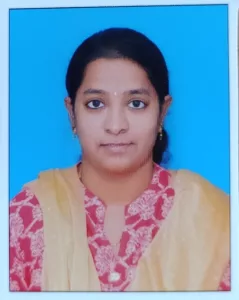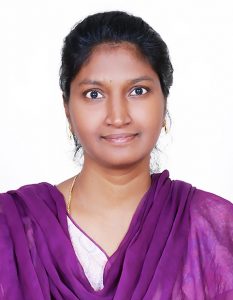ENGLISH
-Empowering minds, nurturing dreams, and building legacies
An Overview of the Department
1. Introduction
The Department of English, one of the oldest and premier departments of the college was established in 1962, the year of inception of the institution with the goal of fostering effective communication, literary appreciation and critical thinking among students. It aims to equip students with the linguistic and communicative competence necessary to function effectively in diverse social and professional contexts. By exposing learners to literatures from across the world, the department fosters an appreciation for diverse cultural perspectives, encouraging empathy and global awareness. Through the study of literary texts, students develop critical thinking, analytical skills, and the ability to engage with complex ideas. Additionally, the department seeks to nurture a spirit of inquiry and academic curiosity, motivating students to pursue research and contribute to the advancement of knowledge in language, literature, and related fields.
Vision
To foster critical thinking, creativity, and ethical leadership by providing a transformative learning experience rooted in academic excellence, sound values, and inclusive teaching practices and by empowering students to become socially responsible individuals who actively contribute to a just and equitable world through interdisciplinary inquiry and meaningful engagement with diverse literary traditions.
Mission
M1: To provide a dynamic and interdisciplinary education in English language and literature, fostering critical thinking, creativity, and effective communication.
M2: To equip students with analytical, interpretative, and communicative skills, preparing them for diverse career paths and higher education through a holistic and value-based approach.
M3: To create an inclusive and stimulating learning environment that promotes research, innovation, and a lifelong passion for literature and language studies.
M4: To nurture socially responsible individuals by encouraging engagement with real-world language applications, diverse literary traditions and cultural narratives.
2. Historical Background
The retired stalwarts of the department—Sr. Anne Julius, Ms. Marjorie Ebenezer, Ms. Moly Pothan, Ms. Nirmala Prabhakar, Ms. Jane Sarojini, Ms. Anne Nazareth, Ms. K.R. Bhagyamani, Ms. V. Sandhya, Dr. Girija Nambiar, Dr. K. Sandhya, and Dr. V. Satya Sudha—left an indelible mark on the institution through their exceptional commitment, pedagogical excellence, and pioneering spirit. Each one, in their own unique way, contributed immensely to shaping the academic and moral fabric of the department and the college at large. They headed the department with their profound sense of discipline and nurturing leadership, laid a strong foundation for holistic education and were instrumental in instilling values of integrity and compassion among students, leaving a lasting legacy of service-oriented education.
The academic expertise, research orientation and scholarly contributions of Dr. Girija Nambiar and Dr. K. Sandhya significantly enriched the department’s academic resources, cultivated a culture of inquiry and publication among both faculty and students and elevated the department’s profile. Joining the department in 2015, Ms. Y. Supriya continues to serve both as a dedicated faculty member and the Head of the Department striving to witness the academic growth, of the department under her leadership with curricular innovation and an increased emphasis on student-centred learning. She is committed to cultivate the progressive and inclusive academic environment.
3. Academic Programmes
Since its inception, the department has remained committed to delivering a comprehensive and enriching education in English language and literature. The department offers General English to all the streams of undergraduate programmes and English literature as a core paper in Intermediate programme, BA and MA programmes in English with interdisciplinary combinations, ensuring students develop a comprehensive understanding of both theoretical and practical language skills. The Department focuses to promote Communication Skills and empower students with relevant skills set in the globalised context. Over the years, it has developed a robust curriculum that encompasses a wide range of literary works and critical studies, aiming to enhance students’ linguistic proficiency and literary appreciation.
Through its longstanding commitment to academic excellence and holistic development, English Department at Maris Stella continues to play a pivotal role in shaping the educational experiences of its students.
The courses offered in English include:
Core Courses:
Literary Theory, English Language Teaching, Poetry, Drama, Fiction, Linguistics, Phonetics, American Literature, British Literature, Postcolonial Studies, World Literature, and Composition.
Elective Courses:
Creative Writing, Gender Studies, Journalistic Writing, Advanced Writing Skills, Translation Studies—these are skill-enhancement courses designed to refine specific expertise.
Interdisciplinary Electives:
Employability Skills ( Skill Enhancement Course) and Communication Skills ( Multidisciplinary Course), and Business Writing aimed at broadening students’ practical competencies.
Certificate Courses: Specialized certificate courses—English for Empowerment, English for Competitive Examinations, English for Communication and English for Fluency— are designed by the department to enhance the employability skills of students. These courses aim to build linguistic competence, improve communication proficiency, and equip learners with the language skills necessary to excel in academic, professional, and competitive environments.
English Language Proficiency Programmes :
Language Proficiency Programme (LPP) offered by the department focuses on improving communication skills and language proficiency in English of first year undergraduate students.
English for Communication, English for Proficiency and English Language Evaluation offered in collaboration with reputed institutions such as British council, American Consulate etc. play a vital role in enhancing students’ communication skills and global employability and empowering them to succeed academically, professionally, and socially in a global environment.
A significant role has been played by the department in the institution’s herculean effort to equip every stellite with proficient English communication skills through various courses conducted in collaboration with renowned national and international organizations.
4. Faculty Members & Research
The faculty members of the department are highly qualified and dedicated professionals, committed to fostering academic excellence and intellectual growth. They come from diverse backgrounds, offering expertise in English literature, linguistics, and cultural studies.
- The department is known for nurturing critical thinking, creativity, and a passion for literary analysis.
- Research within the department spans a wide range of topics, from classical literature to contemporary issues in language and society.
- Faculty members actively contribute to academic and professional advancement through research projects, guideship, and impactful publications, reflecting their commitment to scholarship and experiential learning.
- Faculty members engage in both individual and collaborative research, contributing to national and international academic discourse through participation in seminars and conferences, and publication of research papers in reputable national and international journals.
- Research intersects with diverse disciplines, enriching the understanding of language, literature, and culture.
- Student participation in research projects is strongly encouraged by the department, fostering the development of critical thinking, academic curiosity, and professional competencies through hands-on learning experiences.
5. Student Achievements & Activities
Students are specially recognized for their excellent communication skills in English. They consistently excel in academics, extracurricular activities, and competitive exams. Many students secure top ranks in university exams and pursue postgraduate studies at reputed institutions, further advancing their academic journey. Additionally, a significant number of students secure jobs, applying the skills they have honed in literature, writing, and communication to a wide range of professional fields globally.
The department also fosters a dynamic learning environment through a variety of engaging activities. These include literary quiz competitions, debate sessions, and student-led seminars, all of which encourage intellectual growth and creativity. Furthermore, exhibitions showcasing creative writing, poetry, and critical analyses provide students with a platform to present their skills and abilities. Second and final-year undergraduate students engage in research projects and collaborative writing initiatives, gaining practical, hands-on experience that equips them for future academic and professional success.
The department actively engages students in various scholarly activities such as workshops, conferences, guest lectures, seminars and literary fests. Through ‘Sparklit Club’, a literary club of the department, students showcase their talents by organizing various literary activities. Students are encouraged to hone their skills and talents through the competitions such as essay writing, elocution, debate, poetry recitation and book review organized by the department.
6. Facilities & Resources
The Department provides a well-equipped learning environment that fosters interactive and engaging education. Smart classrooms are equipped with ICT tools to facilitate dynamic and interactive learning experiences, enhancing student engagement and participation. In addition, students have access to a wide array of online learning platforms and digital resources, ensuring that they have the tools needed to explore a variety of academic materials.
The department is equipped with two state-of-the-art language laboratories, featuring spoken English software and self-learning modules that enhance students’ language proficiency, communication skills, and independent learning.
The department also boasts a well-equipped extensive library, offering a comprehensive collection of reference books, textbooks, literary works, and critical resources. It is a valuable asset for students, supporting their academic pursuits and encouraging independent study and research.
7. Industry & Community Engagement
The department collaborates with industries and academic institutions through MoUs to promote research and skill development. It organizes guest lectures and workshops by industry experts, as well as internship and training programs in content writing, communication, and media. The department also conducts community outreach programs to foster literacy and a love for language in local schools. The department offers structured internship opportunities that allow students to gain practical experience, apply their academic knowledge in real-world settings, and build professional networks. Through partnerships with schools, publishing houses, media organizations, and NGOs, the department facilitates internships that enrich students’ learning and prepare them for diverse career paths.
8. Curriculum & Pedagogy
The department employs innovative teaching methods—such as project-based learning, flipped classrooms, and collaborative activities—to enhance student engagement and comprehension. An interactive, tech-driven learning environment is created using tools like Duolingo, Edpuzzle, Flipgrid, Pro-writing Aid, Voice Thread, Quizlet, Lingvist etc. Activities such as student seminars, peer teaching, and hands-on learning experiences—including role play, mock interviews, and skit enactments—are integral to the department’s continuous assessment process. Examinations are designed to comprehensively cover all course components, ensuring a balanced and in-depth understanding of the subject matter.
9. Future Plans
The department aims to:
- Strengthen research collaborations with reputed institutions to enhance academic partnerships and research output.
- Organize national and international conferences, workshops, and seminars to foster intellectual exchange and professional development.
- Enhance ICT-enabled learning and increase accessibility to digital resources to support interactive and modern education.
FACULTY
Dr. Sr. G. Innyasamma, Principal
L. M. R. Swarupa Rani
Y. Supriya
B. Shanthi Sri
G. Suswara Deepika
K. Ramya
Dr. S. Krupa Sheela
Click here to view Courses Offered
TELUGU
- To discover the beauty of Telugu language, literature, and culture from Script to
Spirit
An Overview of the Department
1. Introduction
Established in 1962, the Department of Telugu has been an integral part of Maris Stella College since its inception. During the early years, especially from 1962 to the late 1980s, the majority of students opted for Telugu as their language course. Even today, it remains a favourite among students.
The Department of Telugu was established with the goal of fostering critical and analytical thinking. The department is committed to providing a strong foundation in Telugu, equipping students with the knowledge required for higher education and holistic student development, preparing young women to meet the challenges of a dynamic world with confidence and thus an environment of academic excellence.
Our vision is to inspire and empower students through quality education in Telugu language and literature. Our mission focuses on academic excellence, skill development, and innovative teaching practices in Telugu.
Vision
To empower students with critical thinking skills while fostering academic excellence, innovation, and ethical responsibility, enabling them to contribute meaningfully to society and address global challenges.
Mission
M1: To provide quality education in Telugu language and literature through a dynamic curriculum.
M2: To enhance students’ linguistic, creative, and communicative abilities.
M3: To inculcate values through literary works and promote cultural heritage.
M4: To instil leadership qualities and social responsibility among students.
2. Historical Background
Over the decades, dedicated lecturers such as Dr. Malayavasini, Ms. Lalitha, Dr. P. N. Parvathi Devi, Dr. Ragina, and Dr. P. Usha have played a vital role in shaping the department. Dr. V. N. Manga Devi, who joined the department in 1994, has made consistent contributions as a faculty member and currently serves as the Head of the Department since 2019. She has introduced innovative teaching methodologies and research-based pedagogical tools. The department also introduced a Telugu DTP Certificate Course to develop students’ technical skills in Telugu typing and publishing.
3. Academic Programmes
The department offers Telugu as an Ability Enhancement Course (AEC) across all undergraduate programmes, catering to students from diverse disciplines.
4. Faculty Members & Research
The department comprises qualified, experienced, and dedicated faculty members who actively contribute to:
- Research in Telugu language and literature.
- Publishing papers in reputed journals and conference proceedings.
- Contribution to the college magazine and local publications.
- Organizing and participating in national and international seminars, conferences, workshops, and Faculty Development Programmes (FDPs).
5. Student Achievements & Activities
Students of the department consistently excel in academics and extracurricular activities. The department conducts a wide range of literary and cultural programmes to enhance students’ creativity and confidence. These include:
- Creative writing, reading classical and modern literature
- Dramatic performances including mono-action and short plays for deeper understanding of the content
- Competitions such as essay writing, debates, storytelling, padya pathanam, Telugu drama, and student seminars
Students actively participate in events such as ‘Dasara Padya Pathanam’, ‘Telugu Kridalu’, and ‘Telugu Bhasha Dinotsavam’, aimed at promoting and preserving Telugu culture.
6. Facilities & Resources
The department provides a well-equipped and learner-friendly environment that includes:
- Smart classrooms with ICT tools for interactive learning
- Access to digital learning platforms
- A library rich with reference books, literary texts, and course materials
7. Industry & Community Engagement
The department is involved in community outreach through initiatives like ‘Telugu Script for Mobiles’, promoting the use of Telugu language in digital communication and everyday life.
8. Curriculum & Pedagogy
Innovative and student-centered pedagogical strategies are employed, including:
- Use of Google Classroom and other digital tools
- Hands-on activities, peer teaching, and student-led seminars
- Assessment patterns that ensure equal weightage to all units, supporting holistic learning
9. Future Plans
The Department aims at:
- Introducing Telugu Language as a Major Course
- Organizing national and international conferences and workshops
- Enhancing ICT-enabled learning and expanding access to digital resources
FACULTY
Dr. V. N. Manga Devi, HoD
Dr. R. Srinivasa Rao
Click here to view Courses Offered
HINDI
-Unifying Voices, Cultivating Consciousness and Discover the Beauty of Hindi Language & Literature from Heritage to Horizon
An Overview of the Department
1. Introduction
The Department of Hindi has been an integral part of Maris Stella College since its inception in 1962. The department actively conducts various literary and cultural activities to build students’ confidence in creative writing, reading high-quality literary works, and effectively presenting them through dramas, seminars, and mono acts with a deep understanding of the content.
Established with the goal of fostering critical and analytical thinking, the Department is committed to providing a strong foundation in the language. It aims to equip students with the knowledge necessary for higher education and holistic development, empowering young women to face the challenges of a dynamic world with confidence in an environment of academic excellence.
Our vision is to inspire and empower students through quality education in Hindi Language and Literature. Our mission is centered on academic excellence, skill development, and innovation in teaching the Hindi language.
Vision
“To promote academic excellence in Hindi language and literature by nurturing critical thinking, cultural awareness, and research aptitude among students, thereby preparing them to contribute meaningfully to national development, linguistic diversity, and global understanding.”
Mission
M1.To provide quality education in Hindi language, literature, and culture through innovative and inclusive teaching methodologies.
M2. To foster research, translation, and interdisciplinary studies that reflect the richness of Hindi and its relevance in contemporary society.
M3.To develop students’ linguistic, literary, and communicative skills for academic, professional, and societal engagement and empower students to become responsible citizens.
M4. To preserve and promote the rich cultural heritage associated with Hindi through impactful community outreach.
2. Historical Background
Over the years, dedicated lecturers such as Dr. Shanti, Ms. M.P Vardhani, Ms. Rajeswari, and Dr. Krishna Mohan, have played a significant role in shaping the Department through their commitment and contributions. Since 2019, Ms. B. Karuna Harika has been leading the department, ensuring its continuous growth and academic development.
3. Academic Programmes
The Department offers Hindi as a second language option for undergraduate students across various disciplines. The curriculum is thoughtfully designed to provide a comprehensive understanding of classical texts, grammar, and literary criticism. Additionally, the Department offers a Spoken Hindi Service-Learning Certificate Course, aimed at enhancing students’ communication skills and promoting the practical use of the language in everyday life.
4. Faculty Members & Research
The department has experienced and dedicated faculty members engaged in teaching, research, and curriculum development and they contribute to:
- Research in Hindi Language and Literature.
- Publications in reputed journals and conference proceedings.
- Organizing and participating in national and international workshops, conferences and seminars.
5. Student Achievements & Activities
Students of the department had been consistently excelling in both academics and extracurricular activities. The department organizes a variety of events such as Essay Writing Competitions, Debates, Storytelling Competitions, Doha Patanam Competitions, Hindi Drama Competitions, and Student Seminars. Additionally, students actively participate in various programs, including poster presentations and representing the cultural traditions of Hindi-speaking states, all aimed at promoting and preserving the Hindi language and culture. The Hindi LILA App is widely used for enhancing students’ job prospects by improving their Hindi communication skills, which are essential for careers in civil services, teaching, translation, media, customer service, and other roles requiring multilingual proficiency.
6. Facilities & Resources
The department offers a well-equipped learning environment, featuring smart classrooms with ICT tools for interactive learning. It also provides access to digital resources and a well-stocked library, which includes reference books and textbooks.
7. Industry & Community Engagement
The department actively engages with the community through outreach programs such as the ‘Spoken Hindi’ initiative, which aims to promote the Hindi language within the community and enhance its practical usage in everyday life.
8. Curriculum & Pedagogy
The department integrates innovative teaching methodologies to enhance student learning, utilizing technologies such as Google Classroom and other Google Apps. Hands-on activities, student seminars, and peer teaching are key components of the assessment methodology. Equal weightage is given to all units of a course in exams, ensuring a comprehensive and holistic learning experience.
9. Future Plans
The department aims to
- Organize national and international conferences and workshops.
- Enhance ICT-enabled learning and digital resource accessibility.
- Strengthen Industry and Institutional Collaborations with media houses, translation agencies, and academic institutions.
- Introduce Postgraduate Diploma and Certificate Courses in Emerging Fields.
- Develop Massive Open Online Courses (MOOCs) and Online Certificate Modules.
FACULTY
B. Karuna Harika, HoD
Click here to view Courses Offered
SANSKRIT
- Reviving the Past, Enriching the Present, and Empowering the Future with Sanskrit
An Overview of the Department
1. Introduction
Established in 1984, the Department of Sanskrit has been dedicated to promoting the rich heritage of Sanskrit literature and philosophy while equipping students with the knowledge and skills to navigate the complexities of the modern world. Our objective is to provide students with a profound understanding of ancient texts, fostering an appreciation for India’s cultural and intellectual traditions. The department aims to cultivate analytical and critical thinking skills through the study of classical languages.
The vision and mission of the department align with College’s commitment to academic excellence, ethical responsibility, and the holistic development of students, equipping them with the knowledge and values to contribute meaningfully to society.
Vision:
To preserve, promote, and propagate the rich heritage of Sanskrit by fostering a deep understanding of its literature, philosophy, and linguistic traditions and integrate Sanskrit studies with contemporary knowledge systems, empowering students with ethical values, intellectual growth, and holistic development.
Mission:
M1: To provide a strong foundation in Sanskrit – Offer a well-structured curriculum that enhances proficiency in Sanskrit language, literature, and philosophy, ensuring a comprehensive understanding of India’s intellectual traditions.
M2: To promote interdisciplinary learning – Integrate Sanskrit studies with modern disciplines such as Yoga, Ayurveda, and Epigraphy to enhance its relevance in today’s world.
M3: To encourage research and scholarly contributions – Inspire students and faculty to engage in research on classical texts, comparative studies, and contemporary applications of Sanskrit knowledge.
M4: To cultivate ethical and cultural values – Instill moral values and a sense of cultural pride by studying Sanskrit scriptures, ethical discourses, and traditional wisdom.
2. Historical Background
Responding to the increasing interest among students, the Department of Sanskrit was established in 1984. Joining the department in the year 1988, Dr. Ramakrishna, AP State Best Teacher Awardee has been heading the department contributing significantly to the development of the department. Over the years, the department has witnessed a steady growth in student enrollment, reflecting the enduring appeal of Sanskrit studies.
In recognition of the significance of spoken Sanskrit, the department conducted a one-year Spoken Sanskrit Centre, sponsored by the UGC, during the year designated as the ‘Year of Sanskrit’ by the Government of India. Moreover, under the CPE of UGC, the department designed diploma and advanced diploma courses on Indian Indigenous Medicine and offered the same to the students.
The department has also organized six national conferences and one international conference on various topics, including: Sri Jagannatha Vangmaya Vaibhavam, Mana Telugu Tejam, Tribal Literature and Culture, Yogic Methods of Inquiry, Contribution of Andhrites in 60 Years of Independent India, Krishnadevaraya’s Contribution to Sanskrit Literature, and Agamas. These events were sponsored by esteemed institutions such as Rashtriya Sanskrit Vidyapeetha-Tirupati, UGC, Indian Council of Philosophical Research-New Delhi, Sri Venkateswara Vedic University-Tirupati, A.P. State Council of Higher Education, and Sanskrit Academy-Hyderabad.
Additionally, a National Workshop and Exhibition on Sanskrit Epigraphy was organized in collaboration with the Archaeological Survey of India (Epigraphy Department), Mysuru, and the Department of Museums and Archaeology, Govt. of Andhra Pradesh.
3. Academic Programmes
The department offers Sanskrit as a second language option for undergraduate students across various disciplines. The curriculum is designed to provide a comprehensive understanding of classical texts, grammar, and literary criticism. Under the autonomous system, the department prescribes 20% of the curriculum, apart from the 80% mandated by APSCHE, to provide students with a mature understanding of Sanskrit.
4. Research & Consultancy
The department is led by Dr. D. Ramakrishna, a distinguished scholar with vast experience in Sanskrit literature and philosophy. He is actively involved in research, contributing to various national and international seminars and conferences. His research strength and specialized skills enable him to provide consulting services that utilize Sanskrit knowledge and expertise in the Department of Culture, Government of India; Kendriya Sahitya Academy, Government of India; IKS Division, Government of India; MMTTP of UGC; Rashtriya Sanskrit Vidyapeeth, Tirupati, Government of Andhra Pradesh.
5. Student Achievements & Activities
Students of the department actively participate in cultural and literary events, enhancing their appreciation for Sanskrit. Notably, during the ‘Sanskrit Saptah’ celebrations, students perform dances to Sanskrit phrases from contemporary movies, showcasing the language’s relevance in modern times. Tibetan students, students from other states and varied backgrounds also engage in these cultural programmes, reflecting the department’s inclusive approach.
6. Facilities & Resources
The department provides access to a well-equipped library with a vast collection of Sanskrit texts. Fifty books in Sanskrit which include all the classics of renowned scholars like Valmiki, Vyasa, Kalidasa, Bhara, Sudraka, Visakha Datta, and Bana Bhatta in poetry, prose, drama, grammar, criticism, and lexicons are made available in the departmental library. The departmental library also has volumes of ‘Epigraphia India’ and ‘Epigraphia Andhrika’ and a rare collection of journals such as ‘Andhra Sahitya Parishad Patrika’. Students and staff are encouraged to utilize these resources for their academic and research pursuits.
7. Industry & Community Engagement
The department has organized various conferences and workshops in collaboration with esteemed institutions, fostering a deeper understanding of Sanskrit’s relevance in contemporary society. These events have attracted scholars and practitioners from across the country, promoting a vibrant academic discourse.
8. Curriculum & Pedagogy
The curriculum is designed to balance traditional learning with modern pedagogical approaches. Innovative teaching methodologies are employed to make the learning process engaging and effective. The department emphasizes the practical application of Sanskrit through spoken language courses and encourages students to participate in literary activities.
9. Future Plans
The department plans to
- Introduce interdisciplinary courses that highlight the relevance of Sanskrit in various fields such as yoga, Ayurveda, and Indian philosophy.
- Establish a Sanskrit Research Centre to facilitate advanced studies and research. ● Strengthen collaborations with national and international institutions to enhance academic exchange and research opportunities.
- Engage in community outreach in order to promote Sanskrit awareness through workshops, conferences, and collaborations with cultural and academic institutions, ensuring its accessibility and relevance to society.
- Strengthen IKS Center
FACULTY
Dr. D. Ramakrishna, HoD
French
FACULTY
2020-2021
2019-2020
2018-2019
2017-2018
2015-2016
2020-2023 Syllabus
2015-2020 Syllabus
Gallery
Blogspot



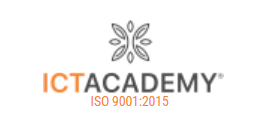

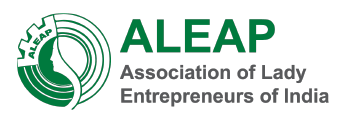
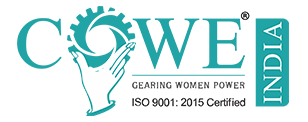
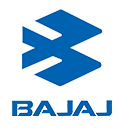
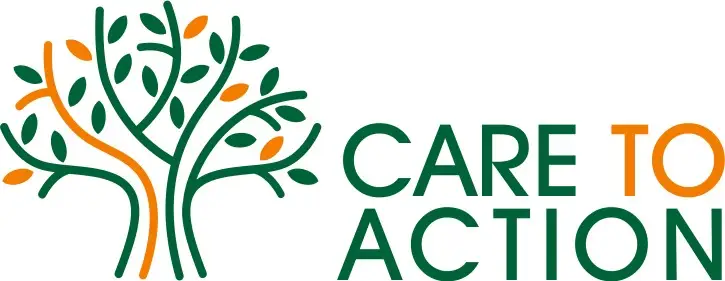

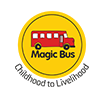
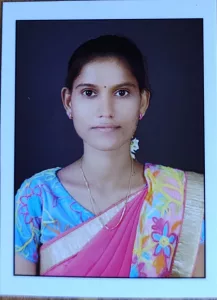
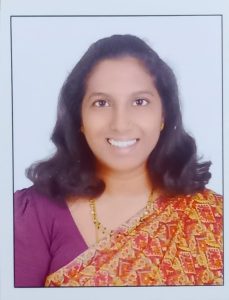

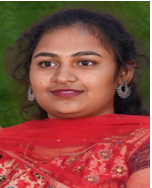

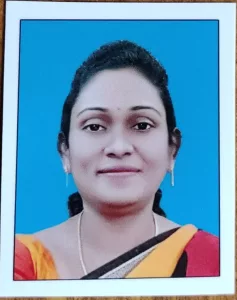
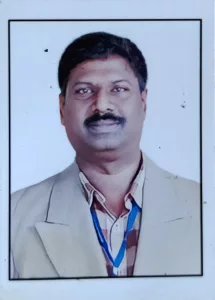

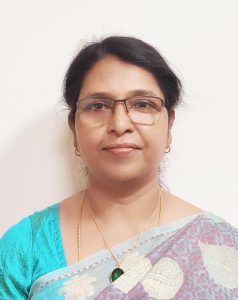
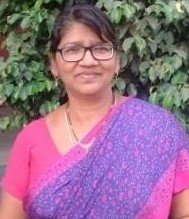
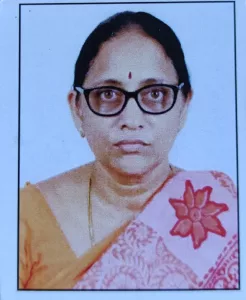
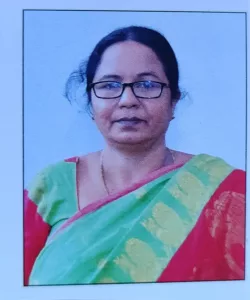
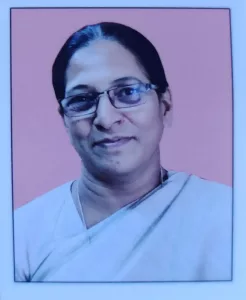
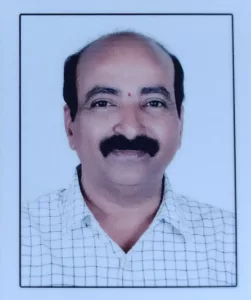
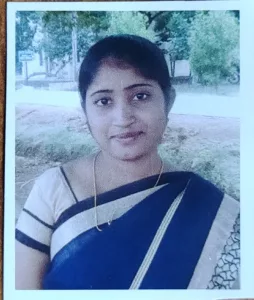
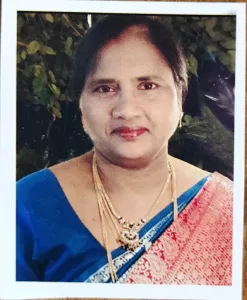

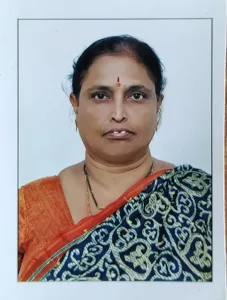
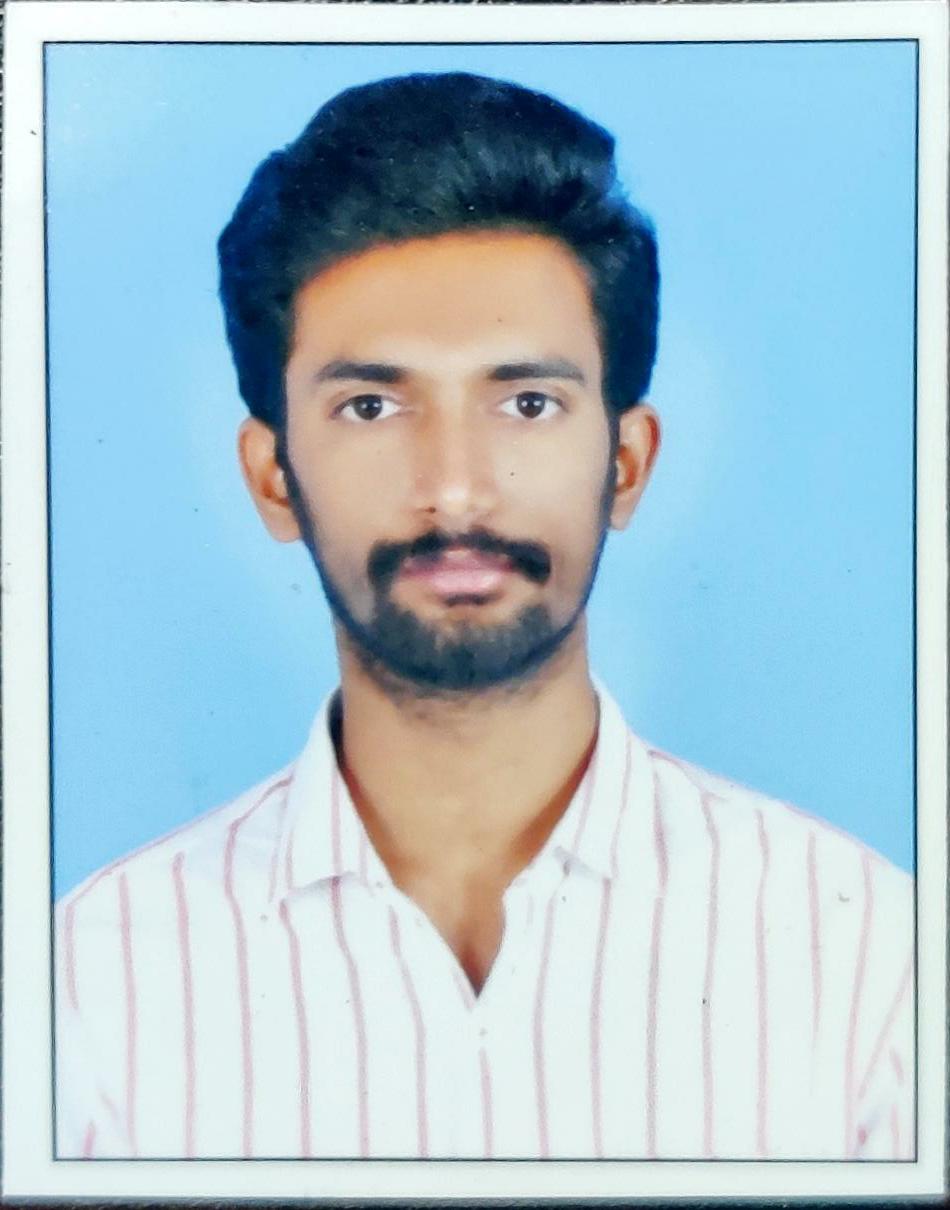
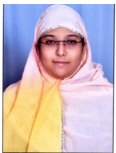
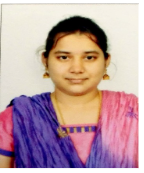
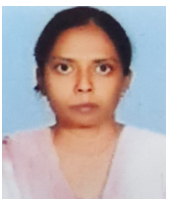
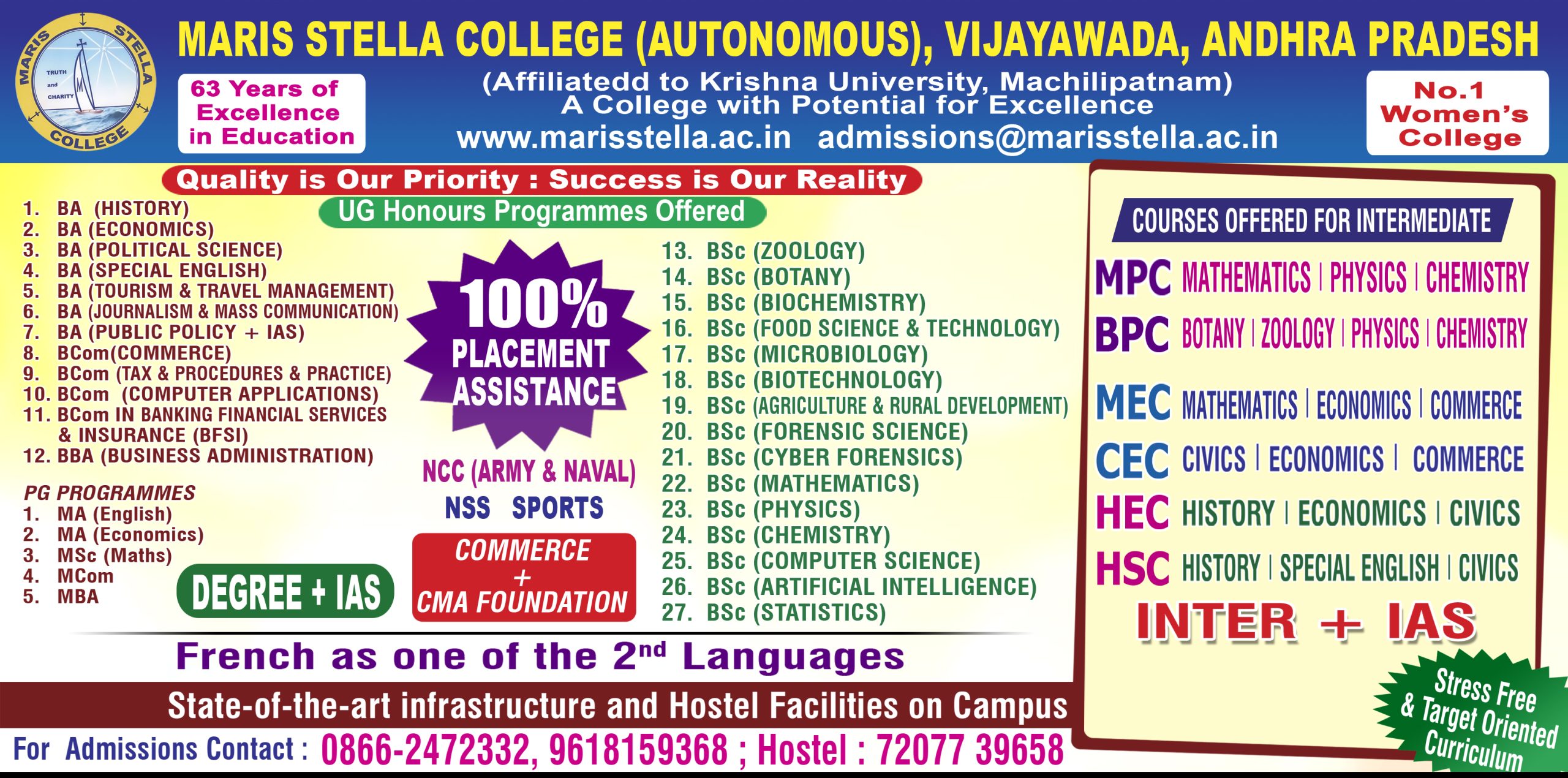
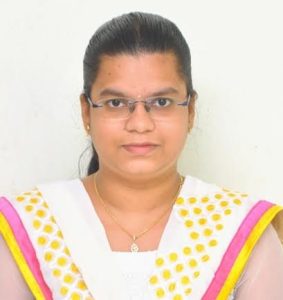

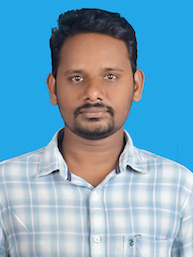
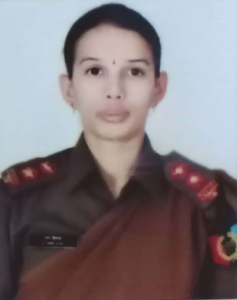
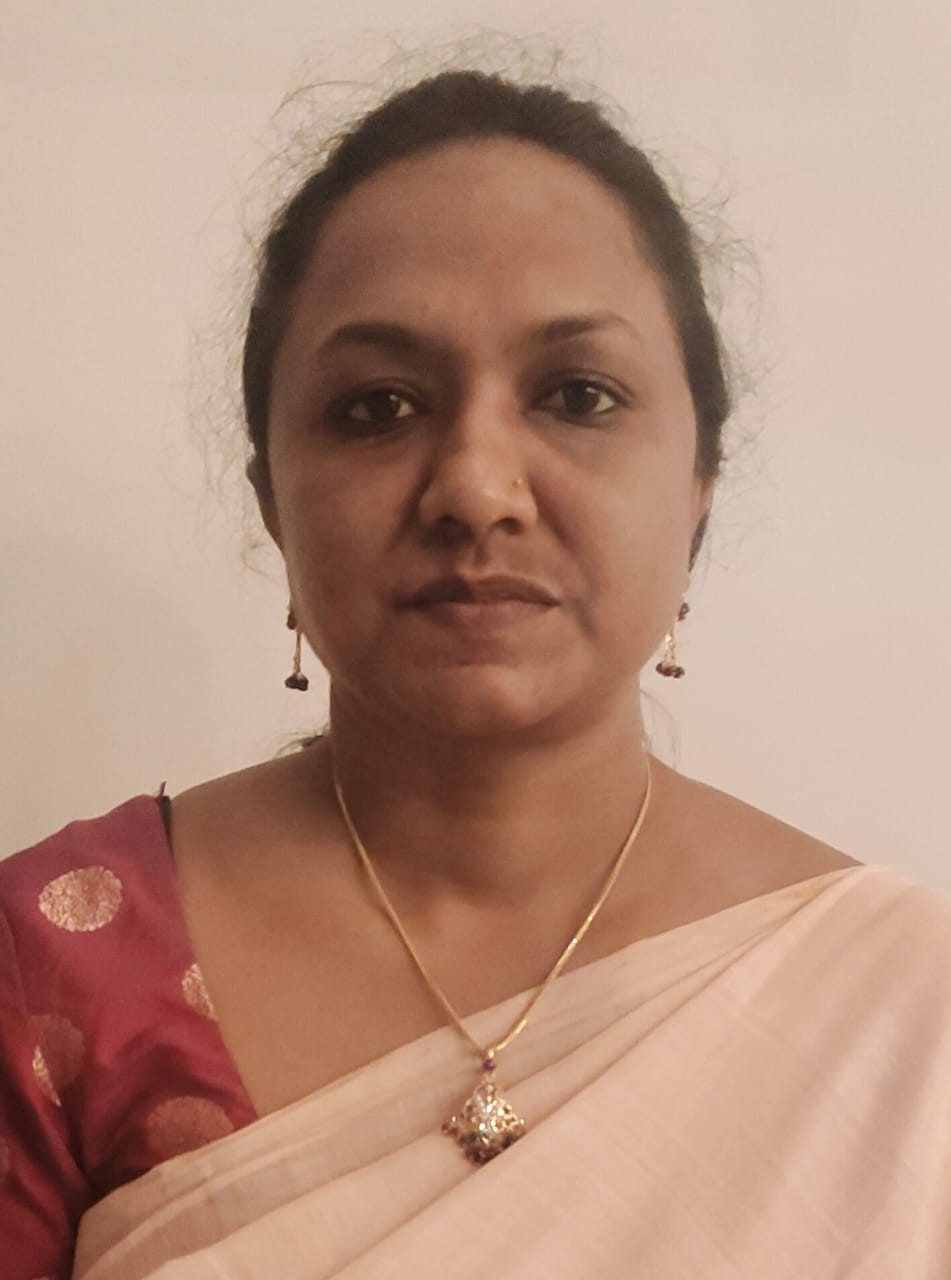
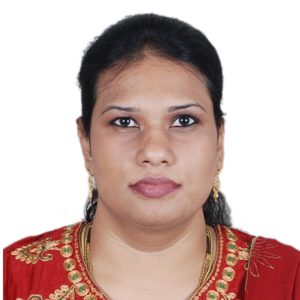
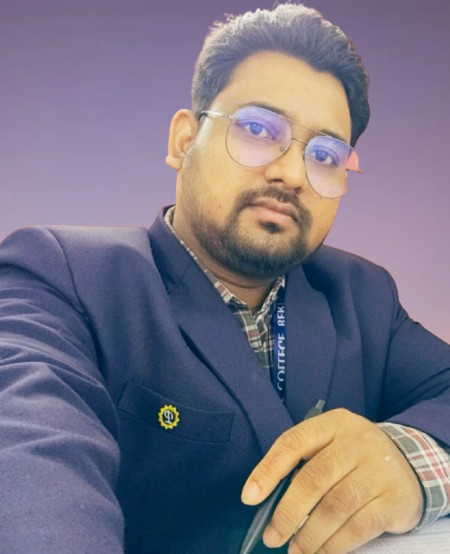
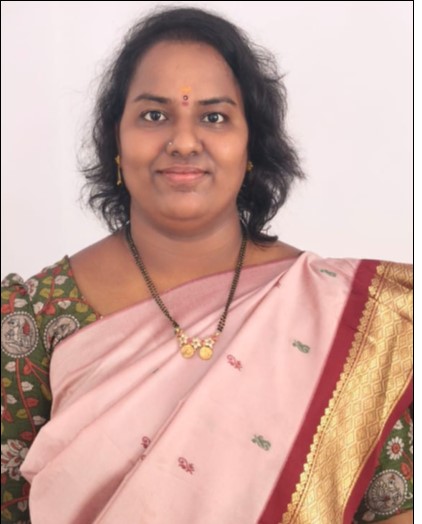
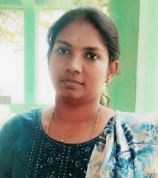
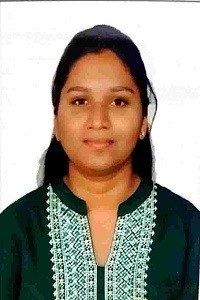
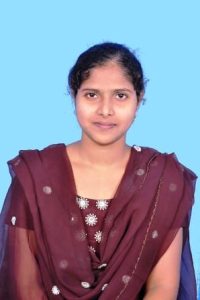
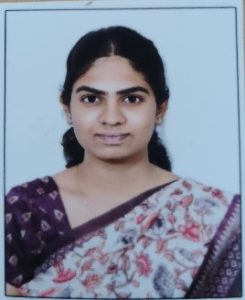
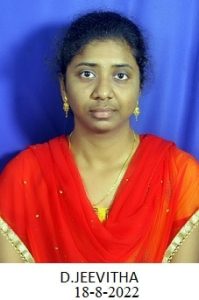

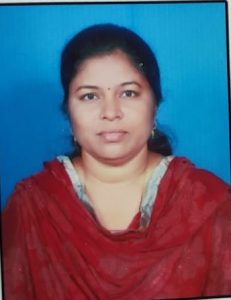

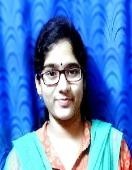

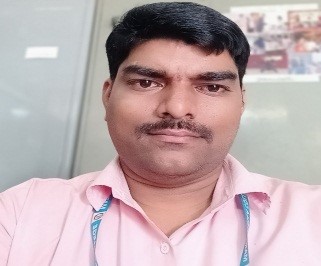
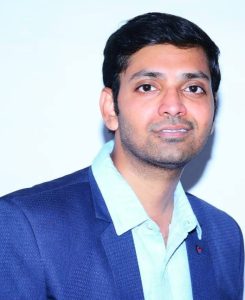
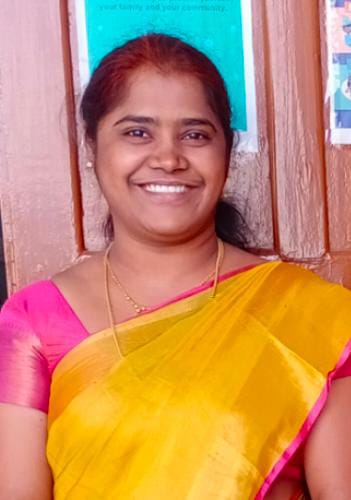
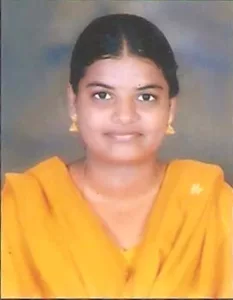

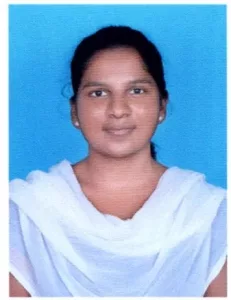
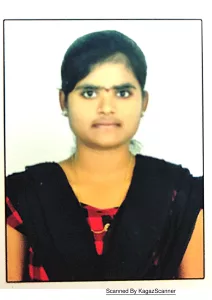
 Maris Stella College launched “English Fellow Program” by US Embassy on 3Oth August 2021
Maris Stella College launched “English Fellow Program” by US Embassy on 3Oth August 2021